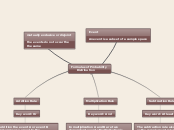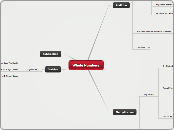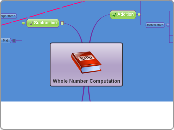por Maiya Farmer 8 anos atrás
506
Rules of Probability Distribution
Probability rules are essential for calculating the likelihood of occurrences in various scenarios. The multiplication rule applies when determining the probability of two dependent events happening together, with the formula P(









